Lovely Men and the Politics of Food
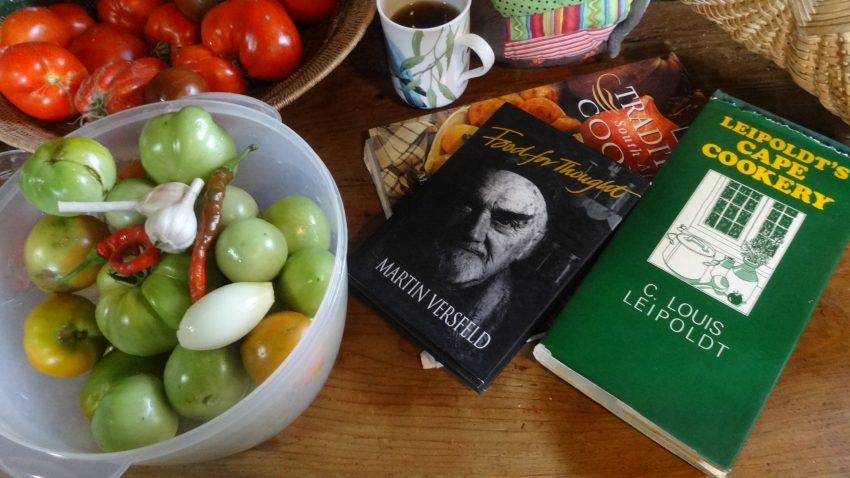
by C Louis Leipoldt and Martin Versfeld
One thing leads to another. I have tomato blight in my potager so I gathered all the green tomatoes I could before they turned black and then went on a hunt for a green tomato chutney recipe. My modern South African cookbook makes use of tinned products and tame store-bought spices so I turned to my beloved C Louis Leipoldt’s Cape Cookery, a recipe book that is in fact, a sociological history of the food of Cape Afrikaners. That, in turn, led me to search for Food For Thought another memoir about self-sufficiency and love by Martin Versfeld, my beloved professor of Philosophy at Cape Town University. Prof Versfeld was an Afrikaner and a devout Catholic with a large family, altogether a surprising person. His eldest daughter was one of my friends and made us sit together under Table Mountain and sing Bach’s Magnificat.
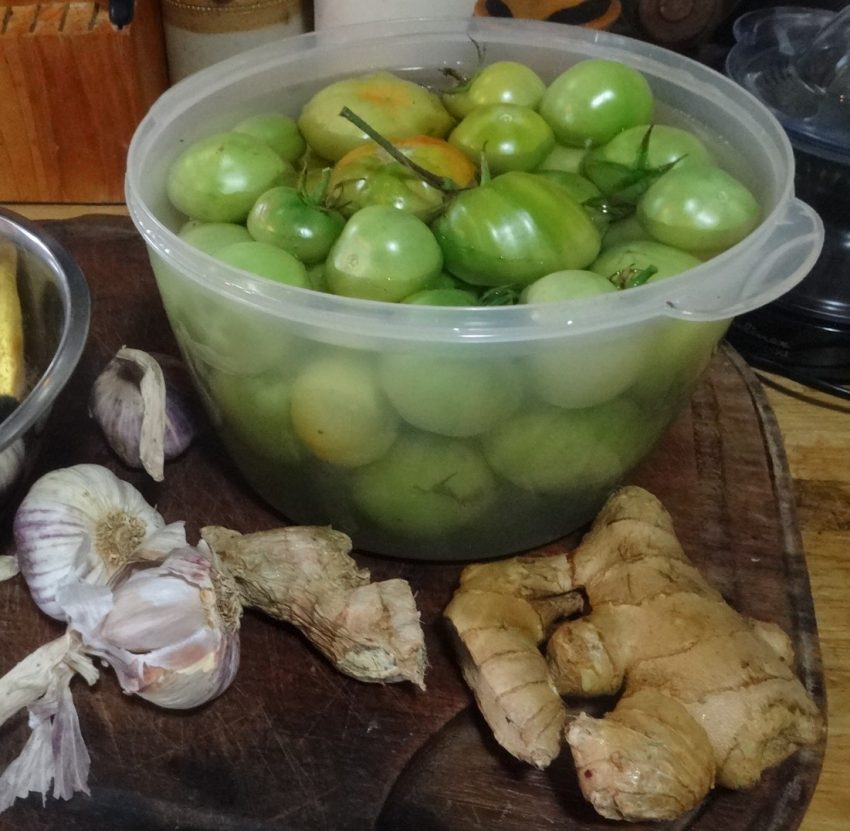
Poor People’s Food
My father was poor and sometimes had hard times. When I was five I was sent to live with an ‘Auntie’ whose home had no electricity, a pit latrine and a wood stove. Her parents were early British colonists who learned to scrape a living from their farm as the Afrikaans Boere had done and who cooked the same recipes. When I lived with her I ate Cape food like Bobotie and Mielie Samp. I had to board with my ‘Auntie’ again when I had a university vacation job and I learned to respect her economies and her generosity. The last time I stayed in her home, the words Nihil fortius quam amor were carved above my bed.
Food as our History
Life in South Africa took me into the homes of people dispossessed by apartheid. I was made welcome with food and hospitality and I’ve always loved and cooked those foods – bredies, boboties and koeksisters. What I love about this kind of cooking is that it is not wasteful. This food is part of my life and is a connection to my family roots and a long southern Africa history rich in tradition which reaches across continents to the Far East and belongs to my children and grandchildren. Now I live in rural France and learn that during the same period, local farmers had lives of hardship and penury and were expert at suviving. It’s a time of climate change when we all aim to live sustainably but we would starve if all we ate was what I grow. Providing for a family is hard work and it can fail.
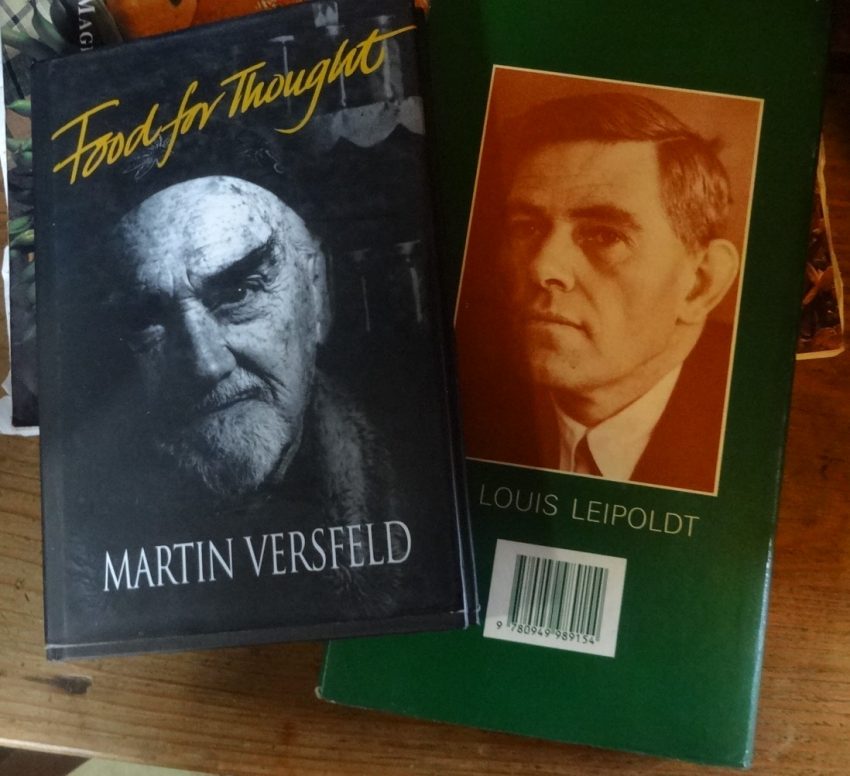
Food is how we love – Distrust the family whose pots (and hearts) are small
I learned about love and food and cooking from my auntie and from Christian Afrikaners and Muslim Cape Malays divided by apartheid but joined by language. I learned about love and food when I cooked and prepared for the ceremonies of Christmas and Passover in my diverse and mixed family. Feasts and feasting are for important occasions and funerals, weddings and birth celebrations. These occasions can heal family divisions if wanted. Don’t start by saying you were failed by someone in your family – you may have been – ask first, did you fail them?
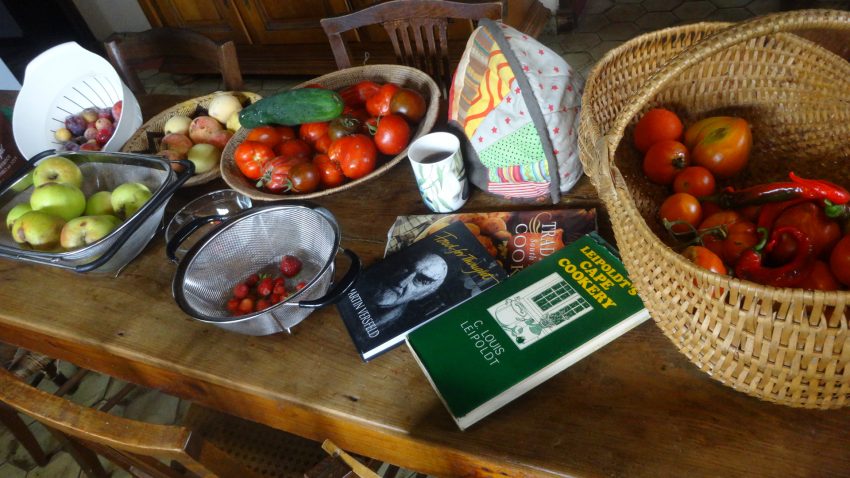
We are What We Eat –
– and we are also our history. It would be wonderful if we could claim that our ancestors were good people who were never on the wrong side of history but it would always be a false claim. It’s also false to claim that we are better than our ancestors because we are better informed. At the most, we only do our best. Good kind people are the salt of the earth and give it it’s flavour. There have always been people who were the salt of the earth even in darker ages.
In the end you must eat me
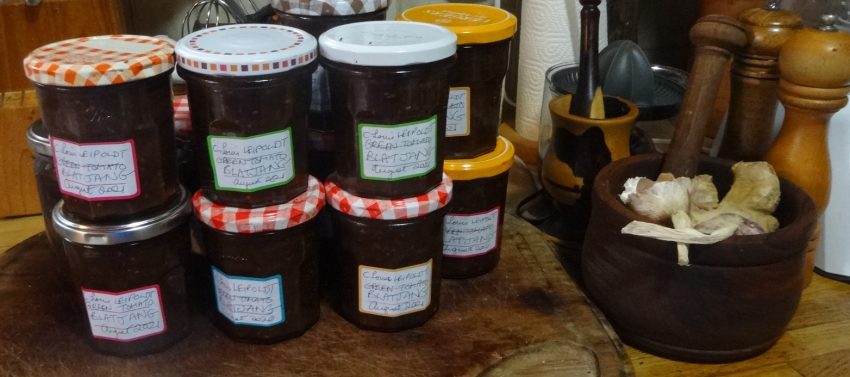
They tell us we are stardust but we are also dirt or if you prefer creatures created by the gods from the clay of the earth. Whatever happens to us after our deaths – however our bodies are dealt with after we end – we return to the earth and air in some form and become again part of the recycling of life and therefore of the food chain.
Women are Food
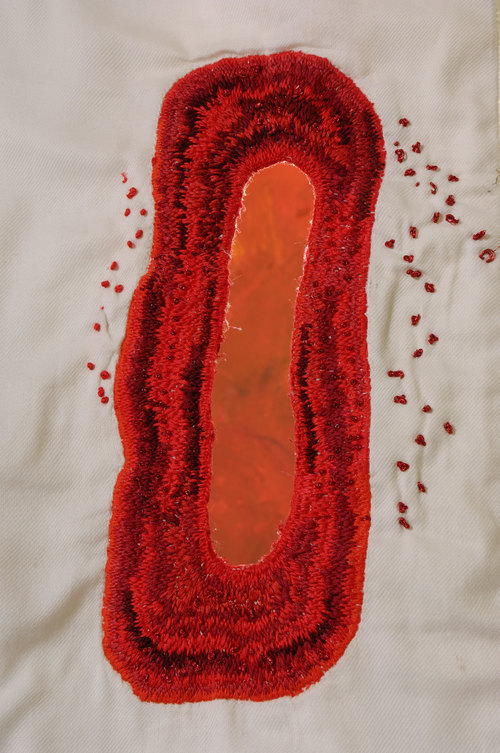
Women’s bodies nurture and nourish life. All human infants begin life in a woman’s womb and after birth are fed on the milk of a woman’s breasts. It is painful to write this but it must be said. The denial of a woman’s equality, freedom, education, the use of her as a sex slave from childhood is an unspeakable crime by someone born from out of a woman whoever they are and whatever their religion. The Taliban in Afghanistan are guilty of these crimes. It is misogyny, not Islam. We must all resist. The image is of an embroidered sheet from Hamera and Hartley’s m’Other Art exhibition.
Am I digestible?
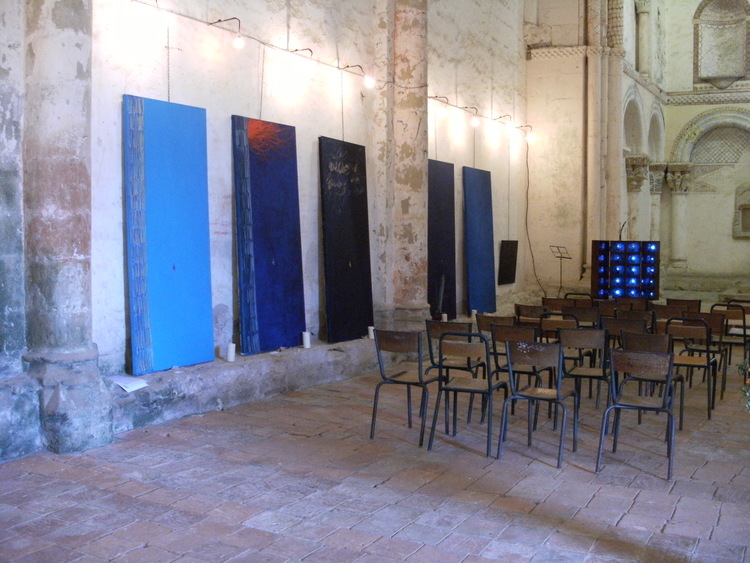
Me? Digestible? I’m not to everybody’s taste – that’s always impossible and also undesirable. Make of me what you will but it’s your choice to do so and it can’t invalidate me. I say this as a writer and an artist but also as an individual as well as in the roles that society has given me. This weekend I will be putting up an exhibition to do with women and the Taliban and the tragedy of 9/11.
Everyone will see and understand it in different ways.
It is for the women of Afghanistan.
3 Comments on “Food is Love and Love is Food and both are needed”
Strong, true words. Thank you Ruth. Good luck with your exhibition.
Strong and true words. Thank you Ruth. Good luck with your Exhibition.
Thank you for the encouragment Jan! Hope your own work is going well too. Ruth